Democratic Progressive Party authorities in Taiwan have come under fire for removing tariffs on U.S. goods and boosting investment in the United States, rather than taking reciprocal action after Washington imposed steep tariffs on key exports from Taiwan.
The move has sparked criticism on both sides of the Taiwan Strait, with the public accusing the DPP of boasting about a "rock-solid" relationship with the U.S. only to be "betrayed" after the U.S. slapped a 22 percent tariff on top of the 10 percent baseline tariff on goods from the island. The additional 22 percent tariff has since been suspended until July 8, 2025.
The decision to impose a tariff came despite major investment in the U.S. by Taiwan's pillar chipmaker, Taiwan Semiconductor Manufacturing Co.
Taiwan leader Lai Ching-te's response — pledging to lift trade barriers and increase U.S. investments, including in "defense" — was widely condemned as caving to the U.S. and further hollowing out Taiwan's economy.
Zhu Fenglian, spokeswoman for the Taiwan Affairs Office of the State Council, denounced Lai's actions during a news briefing on Wednesday, calling them "despicable" and accusing him of selling out Taiwan's interests.
"The DPP authorities have willingly traded away the island's core strategic industries in pursuit of 'Taiwan independence'," Zhu said. "In return, Taiwan now faces high tariffs imposed by the U.S., which has shattered the illusion of a so-called solid U.S.-Taiwan relationship. Taiwan has gone from being a pawn to a discarded piece."
Chou Hsi-wei, a former Taipei county magistrate and vice-chairman of Taiwan-based enterprise Want Want China, said the DPP is handing over TSMC to the U.S., while the U.S. sees the island only as a tool to counter China.
"Taiwan people built TSMC with their wisdom and hard work," Chou said. "If it is handed over to the U.S., Taiwan will lose its competitiveness. The DPP administration is a group of pitiful individuals willing to act as pawns just to win elections."
Zhu also denounced Lai's recent remarks that democratic nations in the so-called "global north" are eager to attract top Taiwan businesses, and that the island's investments should "depart from the Chinese economy for the global north". Zhu called the "global north" a fabricated concept created by the DPP to justify attempts to sever cross-Strait economic ties. The countries Lai referred to, she said, are hollowing out Taiwan's industries.
"The mainland remains the best option for Taiwan businesses and entrepreneurs seeking growth," she said. From January to February, trade across the Taiwan Strait reached 310.34 billion yuan ($42.48 billion), a 10 percent increase from the same period last year, according to the Taiwan Affairs Office.
On Friday, Song Tao, head of the Taiwan Affairs Office, is scheduled to convene a symposium for Taiwan businesspeople in Nanjing, Jiangsu province, to gather opinions and offer support for future development, the office said.
zhangyi1@chinadaily.com.cn








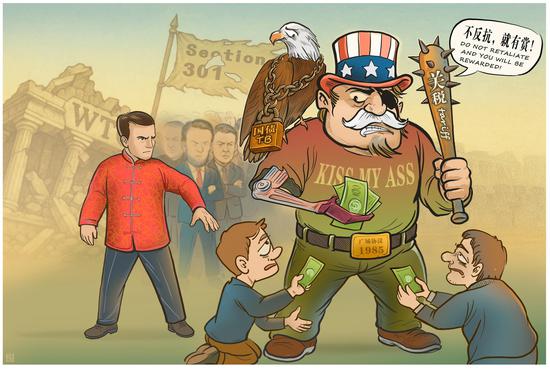

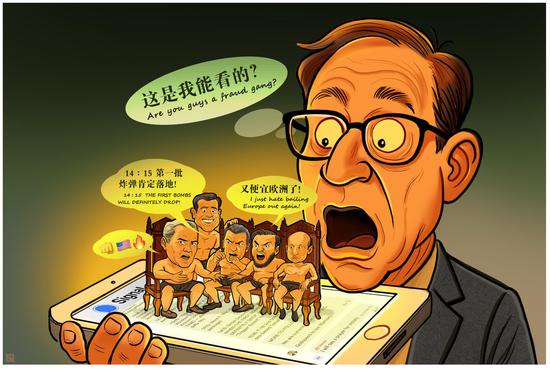
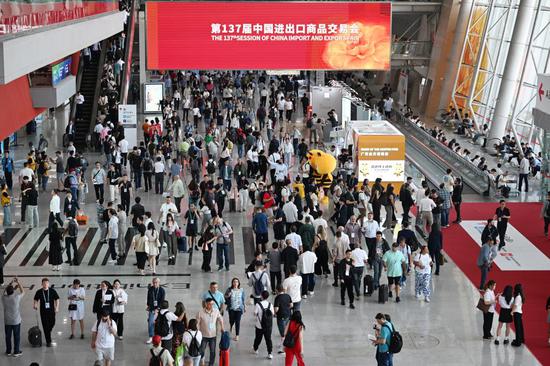
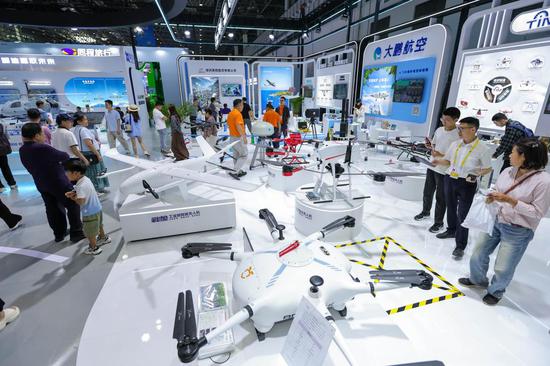


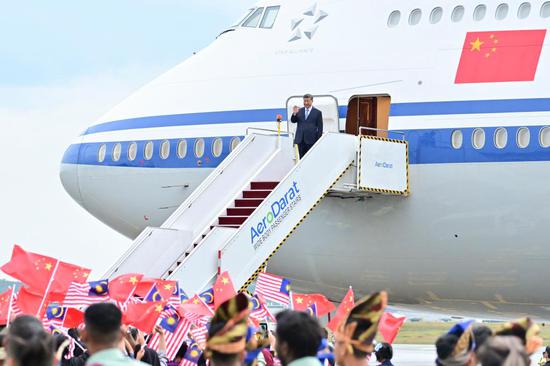



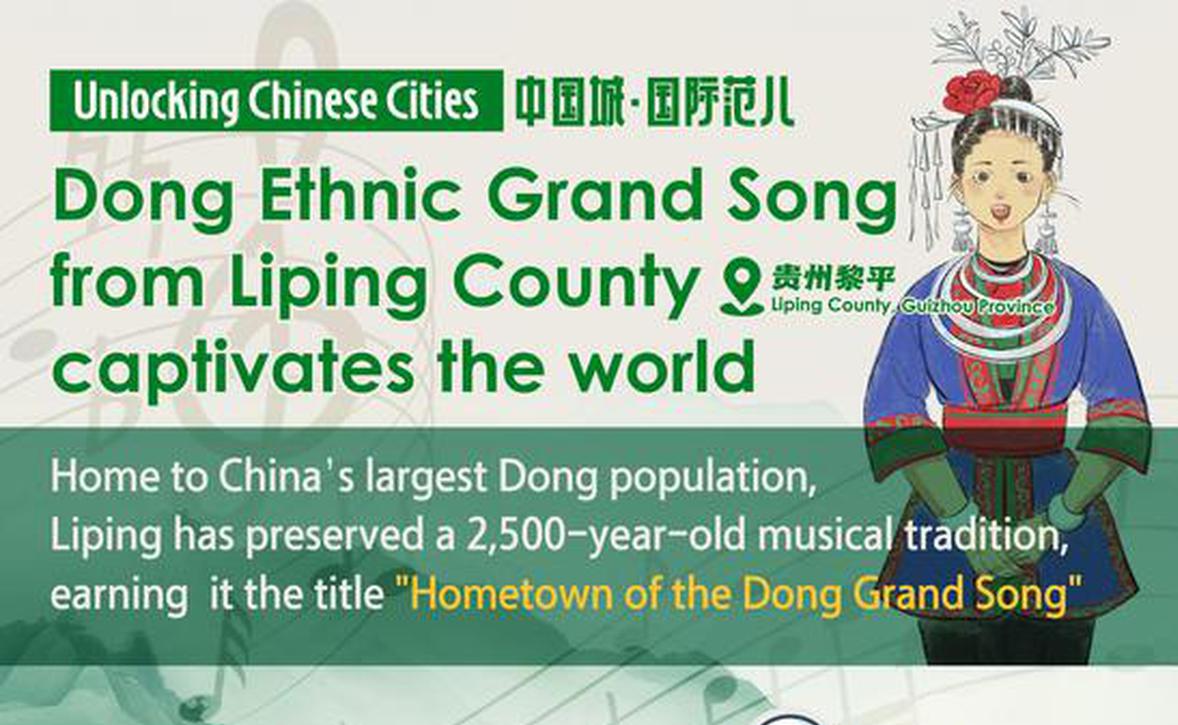

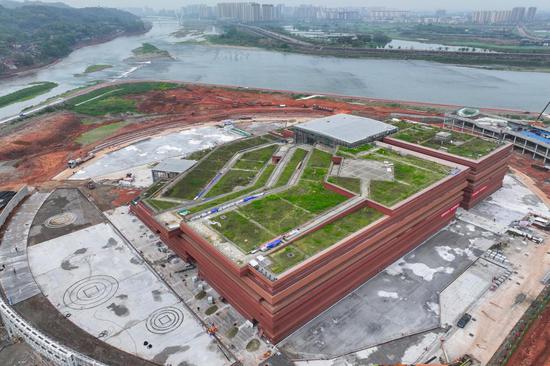


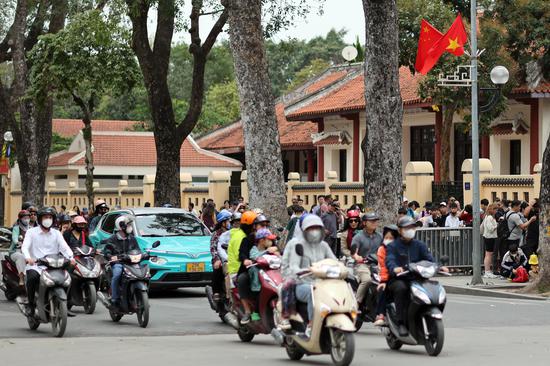
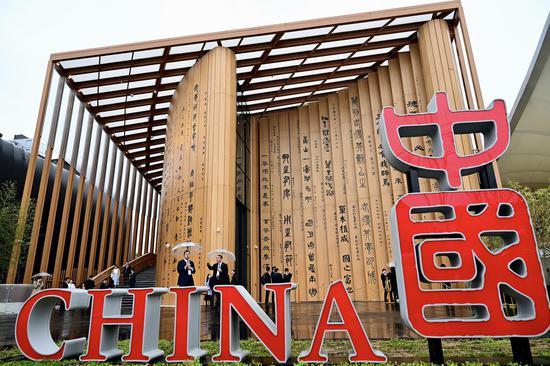
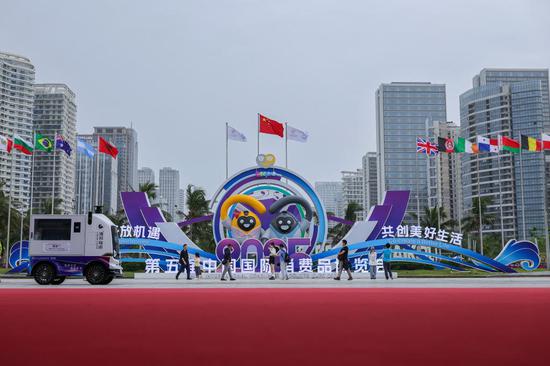

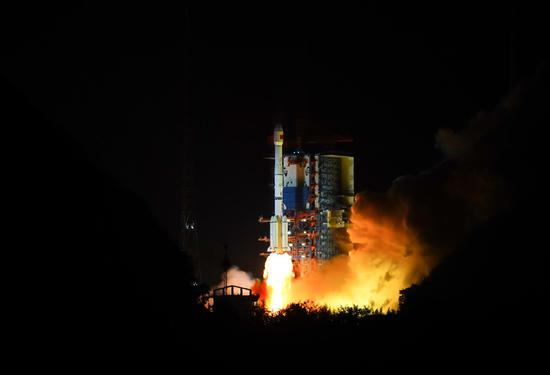
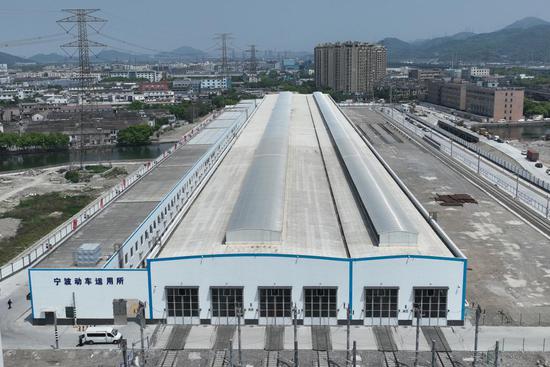






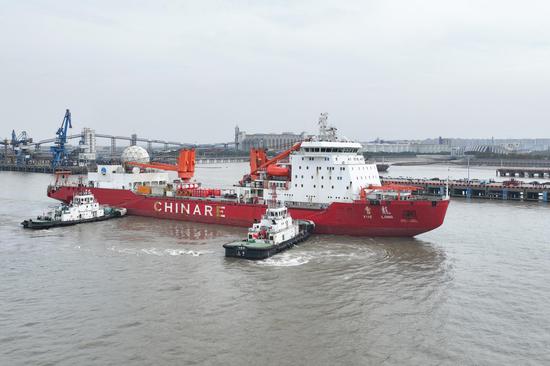
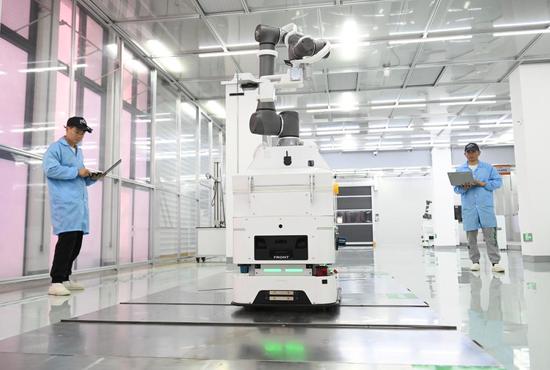


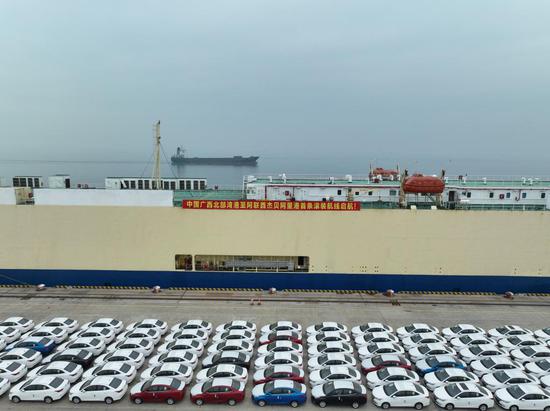


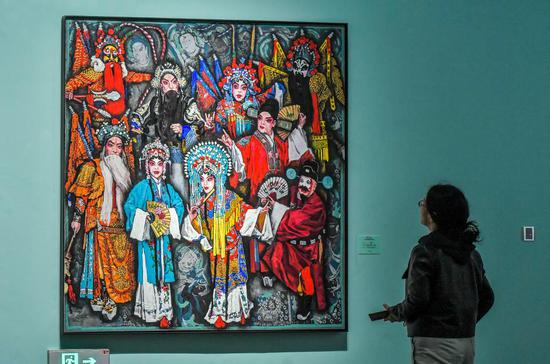




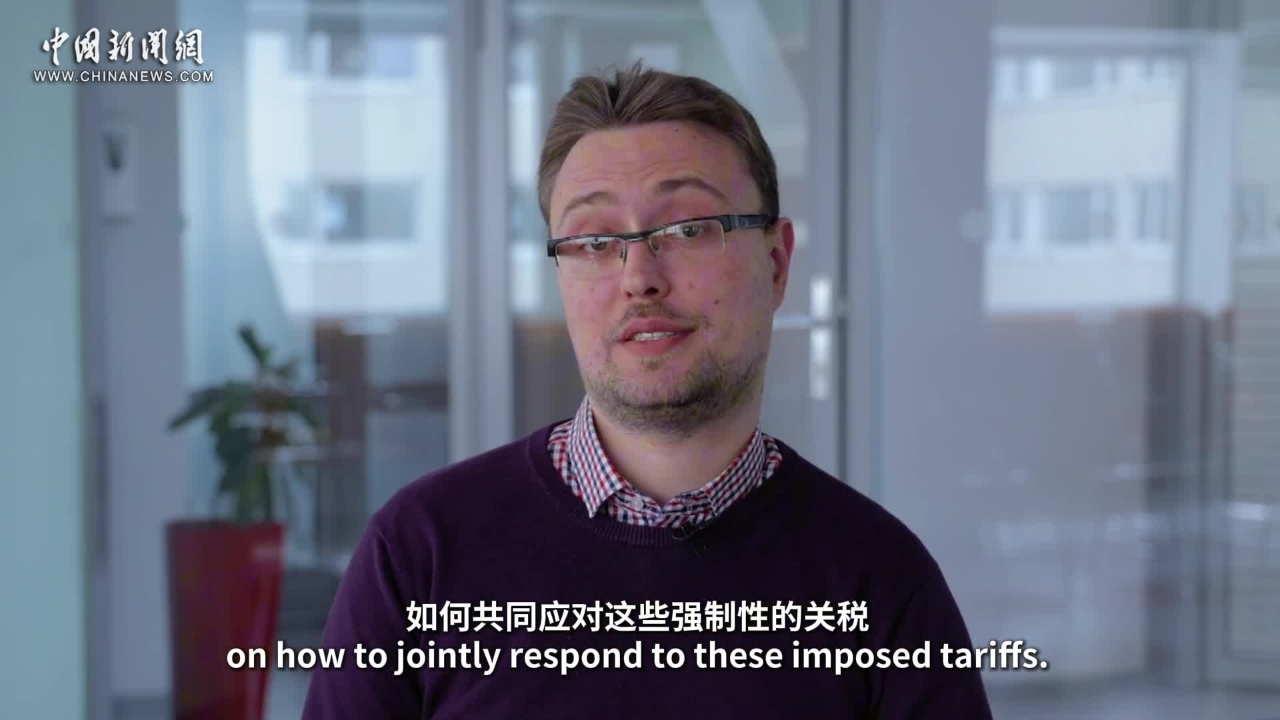

 京公网安备 11010202009201号
京公网安备 11010202009201号